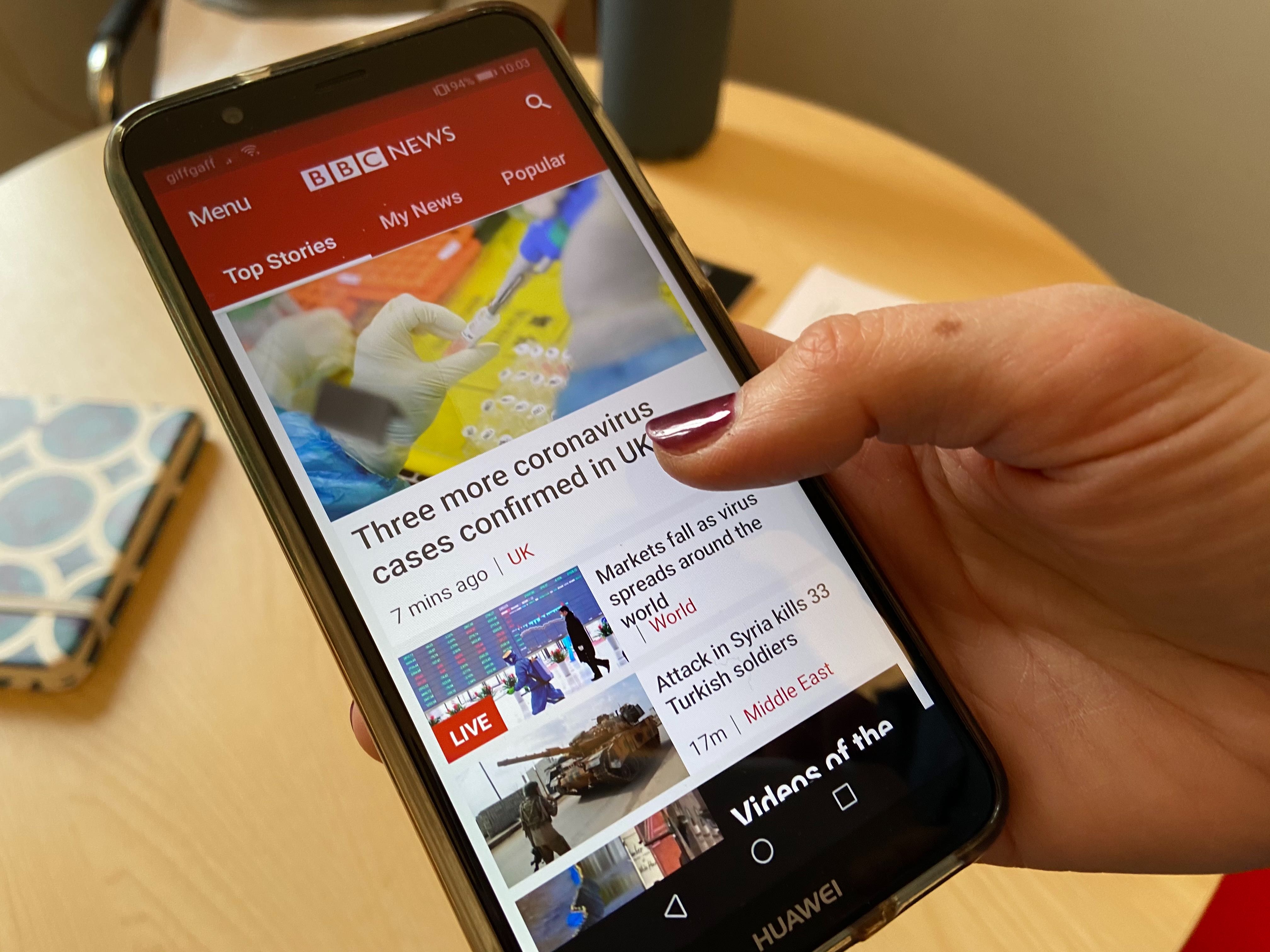Nuffield Foundation funds new research from the Reuters Institute on COVID-19

The Nuffield Foundation has funded a new research project from the Reuters Institute. The project, coordinated by Richard Fletcher and Rasmus Nielsen working with Antonis Kalogeropoulos from the University of Liverpool and Felix Simon from the Oxford Internet Institute, will analyse how the British public navigates information and misinformation about coronavirus and about how the government and other institutions are responding to the pandemic.
The research project began in April and will initially run for eight months, with the researchers documenting and analysing the findings in real time. The financial value of the Nuffield Foundation grant is £142,068. Alexandra Freeman, Executive Director of the Winton Centre for Risk and Evidence Communication at the University of Cambridge, Alison Preston Co-director of the Making Sense of Media project at Ofcom, Catherine Dennison, Program Head, Welfare at the Nuffield Foundation, and Will Moy, Chief Executive of Full Fact, serve as the project advisory board.
Alongside the coronavirus pandemic, societies are experiencing what the World Health Organization has termed an ‘infodemic’, a tsunami of information including also increased misinformation, rumours, and the like.
As people seek information from professional journalists, official government sources, national and international health authorities, various experts, and other sources, much of this is accessed through news media making editorial decisions about what to cover (and how) and through digital platforms using algorithms to rank content in different ways, and much of it judged in terms of how much different people trust these various sources and platforms as they try to navigate the crisis.
The project will track the evolving situation in real time in the UK and identify factors that influence how informed people are and how they understand and respond to the crisis, providing vital insight into:
- How people find information about coronavirus and about responses to it
- What sources of information they find the most credible, and whether they are concerned about misinformation
- How knowledgeable people are about basic facts about the virus
- How people are responding to the pandemic on the basis of this information
By using a nationally representative survey sample, the researchers will be able to control for the importance of factors like age, gender, education and political orientation in how people access and process information about the pandemic.
The first of ten survey waves was in the field in April, with a new wave fielded to the same panel of respondents every fortnight the coming months. The researchers are also monitoring key sources of online news and information about the coronavirus.
This project will provide timely data and analysis while the coronavirus crisis is still ongoing, complementing existing work already pursued as part of the Misinformation, Science and Media project and other Reuters Institute research activities.
The findings of each wave of the study will be made publicly available on the Reuters Institute website and will be shared with key decision-makers in government, news media and the technology industry, all of whom the researchers have a long record of working with on issues around information quality and media use.
The final conclusions will be published in several public reports, and more in-depth analysis later in peer reviewed academic outlets.
Notes
The Nuffield Foundation is an independent charitable trust with a mission to advance social well-being. It funds research that informs social policy, primarily in Education, Welfare, and Justice. It also funds student programmes that provide opportunities for young people to develop skills in quantitative and scientific methods. The Nuffield Foundation is the founder and co-funder of the Nuffield Council on Bioethics and the Ada Lovelace Institute. The Foundation has funded this project, but the views expressed are those of the authors and not necessarily the Foundation. Visit www.nuffieldfoundation.org
The Thomson Reuters Foundation is the core funder of the Reuters Institute, based in the Department of Politics and International Relations at the University of Oxford. The Institute was launched in November 2006 and developed from the Reuters Fellowship Programme, established at Oxford more than 35 years ago. The Institute, an international research centre in the comparative study of journalism, is committed to exploring the future of journalism worldwide through debate, engagement, and research.








